Adopting artificial intelligence (AI) in different areas of business can mean dramatic improvements in efficiency and productivity. In particular, the Human Resources (HR) department can hugely benefit from marketing automation AI. This powerful technology can help revolutionize recruitment processes.
Relevance of Marketing Automation AI
In today's data-driven era, the term 'marketing automation AI' has emerged as a crucial concept. But its application in the business landscape extends far beyond just marketing.
Businesses can harness the potentials of AI-based automation to transform operational efficiencies across various departments, including HR.
Key Benefits of Marketing Automation AI
The integration of marketing automation AI into business operations brings along many benefits. These include:
- Faster decision-making,
- Amplified employee productivity,
- Increased efficiency,
- Improved customer experiences.
At the same time, this technology reduces the chances of manual errors and fosters enhanced personalization and targeting.
Powerful AI Platforms
An example of these advantages can be found in the neural-based AI automation of JustResults.ai.
This platform applies innovative machine learning algorithms that autonomously learn and adapt to unique business challenges, enabling companies to:
- focus more on strategic initiatives,
- handle fewer mundane tasks.
The AI solution examines past data, identifies trends, and uses predictive analytics to assess possible future outcomes, consequently aiding in well-informed decision-making.
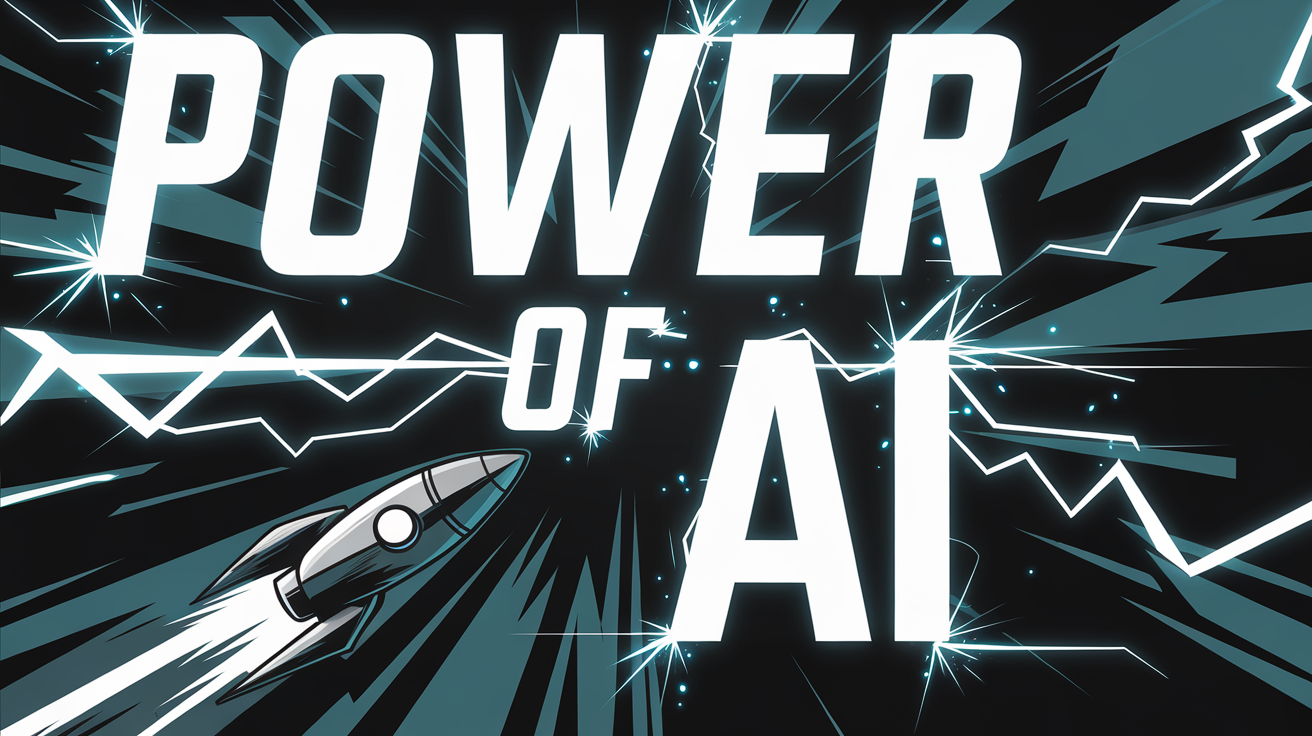
The Impact of Automation
Ultimately, the relevance of marketing automation AI lies in its capacity to enhance performance metrics and generate tangible results in a business setting.
It enables companies to:
- provide a personalized customer experience,
- boost employee engagement,
- streamline operational procedures.
By adopting this technology, organizations can stay competitive in the digital age. It helps them foster a culture of innovation that paves the way for future growth.
The Future of HR: Recruitment AI
In today's world where technology is making inroads into every aspect of business, the domain of HR is no exception. Let's start with a brief introduction of what recruitment AI truly entails. Essentially, it's about utilizing smart algorithms and machine learning to enhance and streamline human resources processes, notably recruitment.
The use and impact of recruitment AI in revolutionizing HR tasks cannot be overstated. With the possibility to automate repetitive and mundane tasks such as screening resumes and scheduling interviews, HR professionals can focus more on complex tasks and meaningful interactions. Machines handle the heavy lifting of sorting through hundreds, if not thousands, of resumes and matching them to job descriptions with speed and striking accuracy.
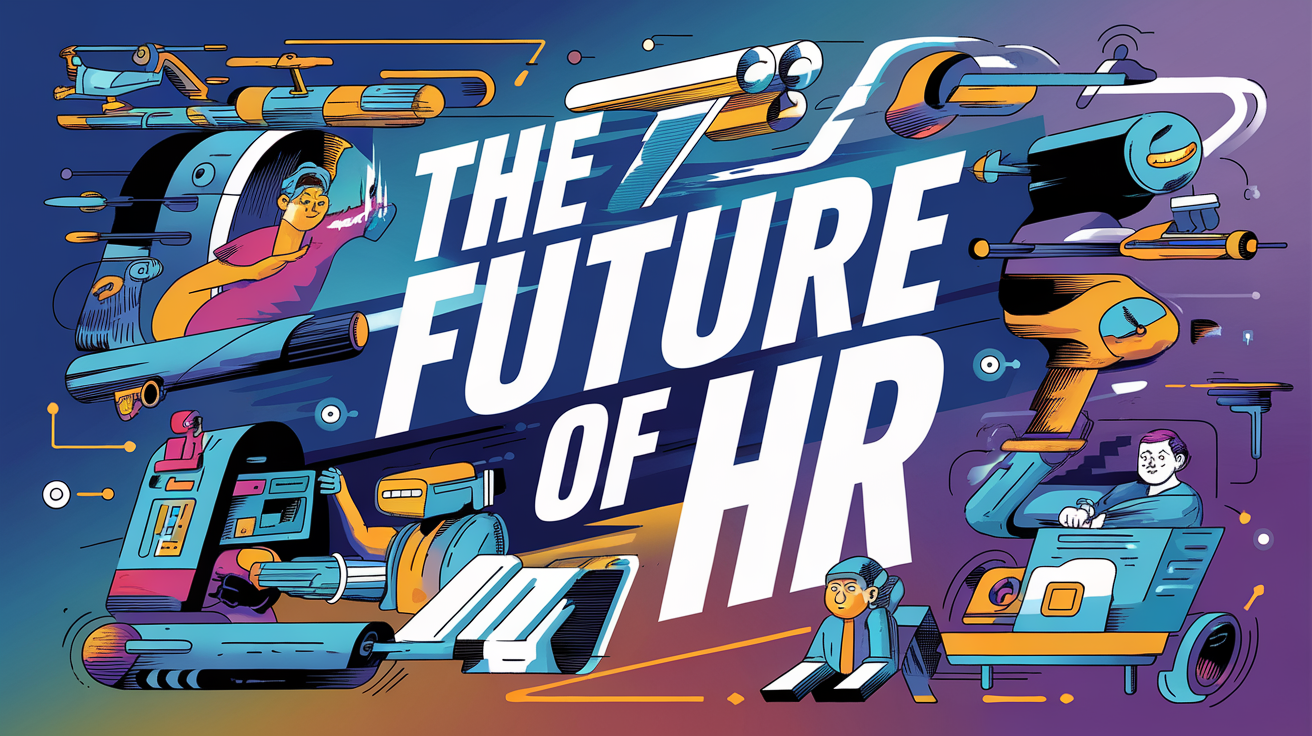
The benefits of recruitment AI are extensive. This tech can significantly accelerate the hiring process by reducing manual labor and boosting efficiency. Secondly, it minimizes human error, contributing to a more high-quality and effective recruitment process. Moreover, recruitment AI allows for more informed and data-driven decisions.
In today's competitive job market, companies need to source the right talent and do it fast. This is where the role of recruitment AI stands tall in the modern HR landscape. It has the potential to transform the traditional 'reactive hiring' into 'proactive hiring' by leveraging predictive analytics, and thus, staying a step ahead in the talent hunt game.
Advancing HR Procedures with Automation Software Platforms
When you think about software platforms, the mind instantly gravitates towards how these tools can significantly boost productivity and efficiency in our daily operational tasks. The HR department is no exception and can benefit greatly from automation software platforms. These platforms automate routine tasks, making the HR procedure more streamlined and accurate.
The beauty of such platforms lies in their transformative potential. Just consider the endless stream of resumes HR professionals sift through daily. With automation software platforms, this task becomes quick and efficient. These platforms can sift through resumes, rank candidates based on predetermined criteria, schedule interviews, and even reject unsuitable candidates. Such technology not only hastens the recruitment process but also significantly reduces the chance of human error.
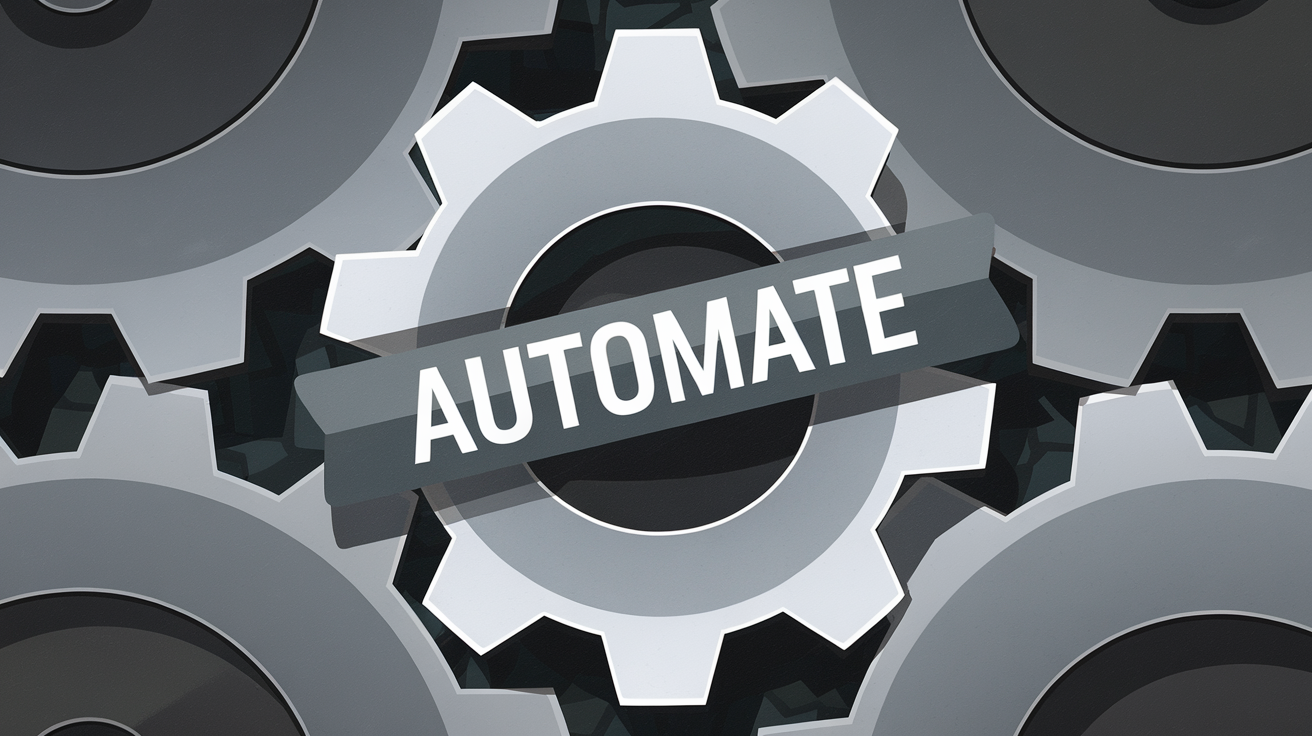
Moreover, by automating bulk tasks like payroll and benefits management, HR professionals can focus more on critical decision-making and strategic alignment of HR practices with business goals. In the long run, this can lead to better employee engagement, retention, and overall company performance.
The days of conventional, paper-heavy HR procedures are behind us. We are at the frontier of a revolution fueled by automation software platforms, where the HR process is no longer a tedious administrator but a vital strategic partner in organizations. The effective implementation of platforms like Make.com is a testament to this evolution. Embrace the revolution, for the future of HR is increasingly digital, and it is happening right now.
A Deeper Dive into Robotic Process Automation
Intersecting the realms of AI and HR is a fascinating technological device known as Robotic Process Automation (RPA). Rooted in the ethos of efficiency and effectiveness, RPA is becoming a game changer for HR divisions across industries.
But, what is RPA, really? Picture a virtual employee, tirelessly working round-the-clock, capable of fulfilling HR tasks ranging from basic data entry to complex management processes. That, in essence, is RPA. These 'robots' or software algorithms, are programmed to mimic human actions and take over repetitive, labor-intensive tasks.
Relating it to HR, the relevance of RPA is multifaceted. It has been identified as the direct route to gaining unprecedented levels of efficiency, accuracy, and speed in HR procedures. By automating processes that once were manual, RPA can reduce the chances of human error, freeing up time for HR professionals to focus on strategic duties and decision-making. Traditional HR tasks such as payroll processing, onboarding of new hires, and even employee benefits management can be automated to run smoothly without constant human supervision.
For instance, JustResults.ai, a seasoned player in AI automation, applies RPA to its suite of services, including property management and, notably, HR recruitment. It injects a dose of RPA to streamline processes, thus allowing firms to get ahead in their respective markets. In the recruitment process, RPA assists in advertising jobs, screening resumes, scheduling candidate interviews, and even following up with candidates, thereby ensuring a seamless, productive, and resourceful recruitment process.
Ultimately, through RPA, HR’s role is transformed. The department optimizes its resources and becomes a strategic player in a company's mission to thrive and excel, rather than mere process administrators. Companies can leverage RPA to reap improved efficiency, higher accuracy, and expedited processes in their HR functions. By adopting RPA, firms can fundamentally change how HR contributes to their bottom line. RPA has indeed emerged as a potent ally for HR, revolutionizing operations and promising an exciting outlook for the future of recruitment.
Leveraging Content Automation Systems
Content automation systems go beyond conventional structures to boost productivity in many industries, including Human Resources. But first, let's define the term. A content automation system refers to the use of software or AI to manage, create, or distribute content. It reduces the redundancy inherent in many HR tasks, from storing and updating employee databases to onboarding training materials for new employees.
An increase in efficiency and accuracy are two notable benefits of content automation systems. By default, these systems eliminate operational bottlenecks, such as paperwork, that stifle efficiency, allowing HR staff to be more focused on strategic and engagement roles rather than administrative chores.
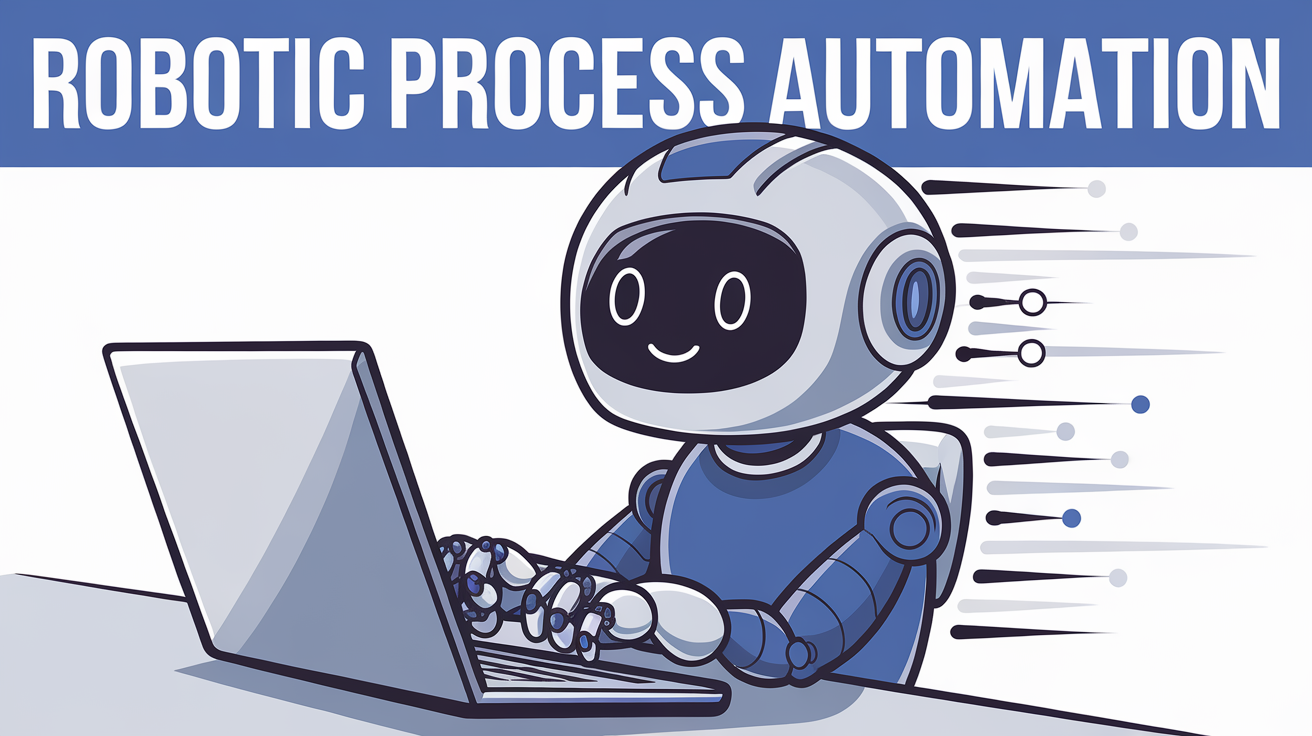
Take JustResults.ai's content automation system, for instance. The company, infusing advanced AI into every interaction, has been instrumental in harnessing content automation for businesses across a wide range of sectors. Its AI manages everything from property management in real estate to workflow management in industries such as cannabis and psilocybin mushroom therapy.
In the real estate sector, JustResults.ai's content automation tool accelerates the leasing process by auto-generating digital lease agreements and automating the compliance review process. In the cannabis industry, the AI automates different processes from cultivation to the final sale, thereby eliminating chances of human error. Similarly, for psilocybin mushroom therapy, automating patient intake forms and treatment protocols ensures a more seamless, error-free process.
In essence, content automation systems enable businesses to do more with less, saving time and costs while improving the accuracy of routine tasks, another step forward in revolutionizing HR tasks. By incorporating these systems into HR processes, companies can better streamline their operations and enhance overall productivity.
Wrap-up: Embracing AI Automation
As we delve deeper into the age of digitalization, the significance of embracing AI automation within industries is growing. This realization is especially conspicuous when we observe the influence of AI in HR processes. The revolution of the recruitment process through AI is a case in point. Far from being an optional upgrade, AI automation has emerged as a vital component. Leveraging AI in HR procedures not only streamlines tasks, but also boosts productivity and enhances business efficiency on a broader scale.
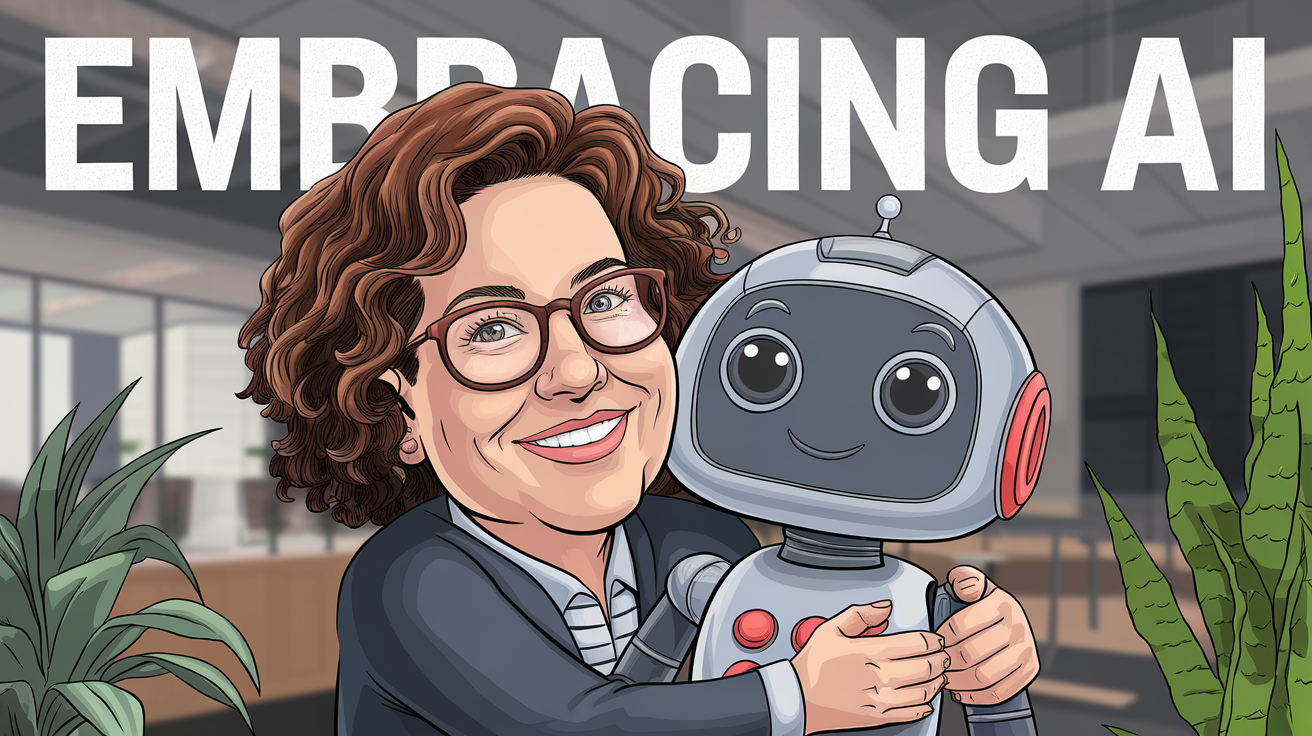
Just as the integration of AI in our daily lives has pureed ordinary folks into tech-savvy beings, infusing automation AI within HR departments is empowering professionals to excel in their roles. Into the bargain, it contributes to sharpening competitive edges by optimizing the recruitment process - from the initial gathering of applicants to the final selection stage.
AI, as showcased through platforms like JustResults.ai, provides the capacity to sift through tons of data swiftly and accurately, dwarfing the capabilities of traditional methods. Say goodbye to the mundane tasks of sorting through resumes and scheduling interviews manually. AI-driven tools offer a smarter, scalable way, negating human error risk, elevating the speed and precision of task completion, and thereby reshaping the recruitment landscape entirely.
Embracing AI automation is no longer a 'nice to have', it's a 'need to have'. For businesses looking to advance beyond the bounds of familiar HR norms to thrive in this fiercely competitive market, mulling over the integration of AI tools, such as those provided by JustResults.ai, is a step in the right direction. The future of HR dwells in AI, and that future is here, now.